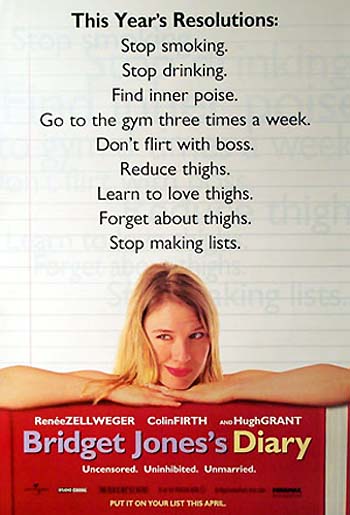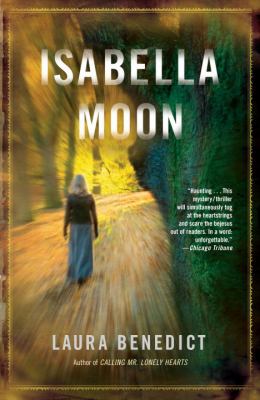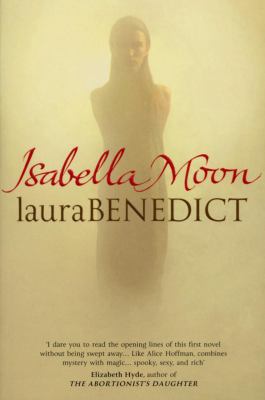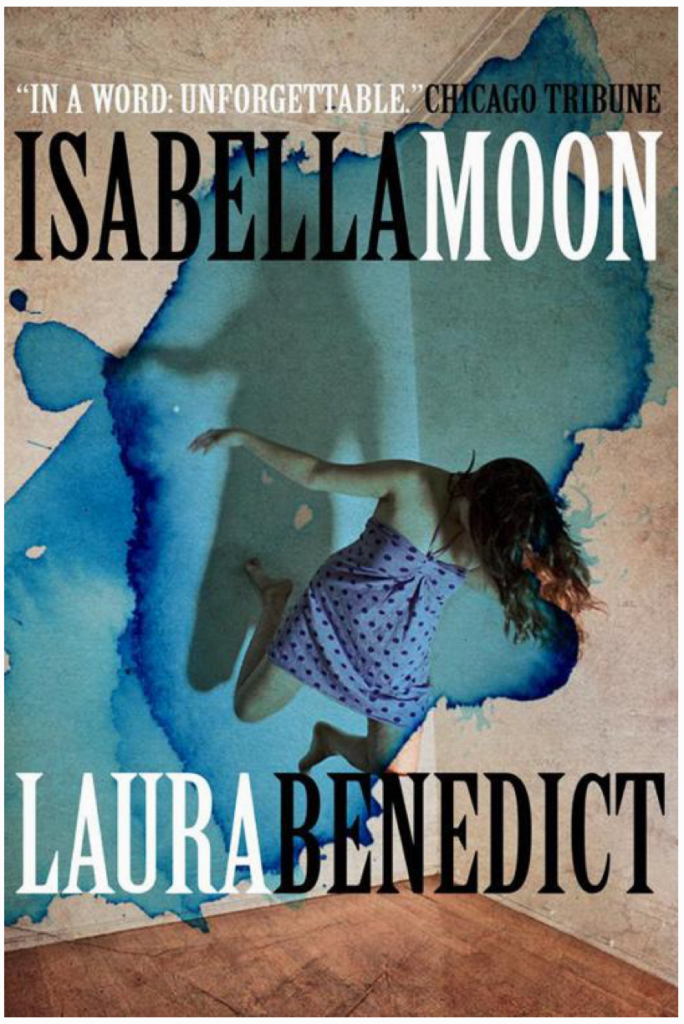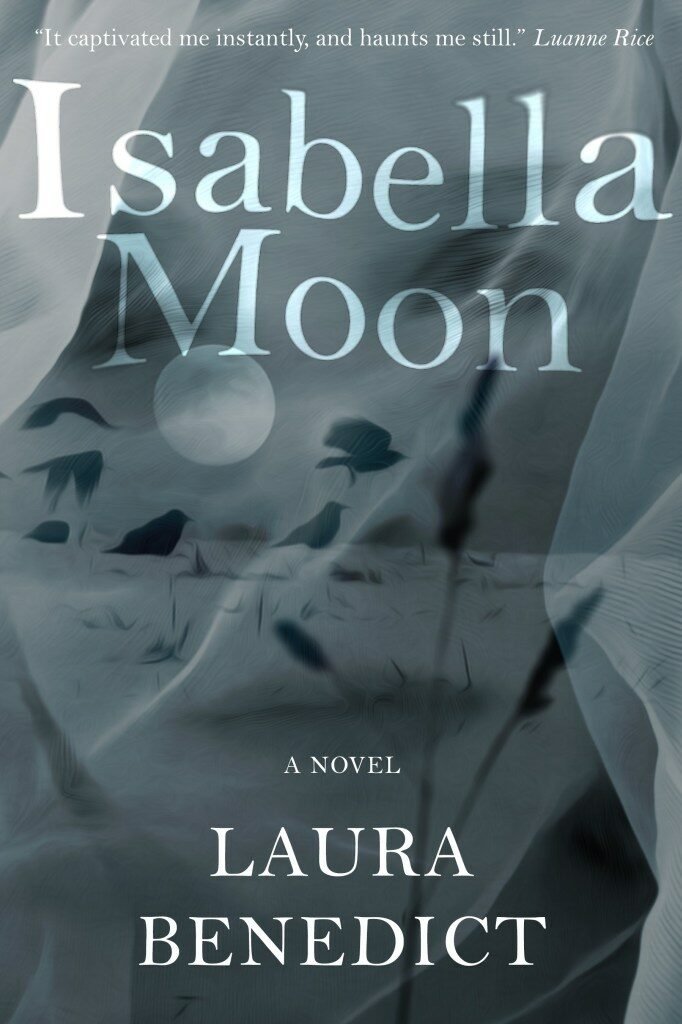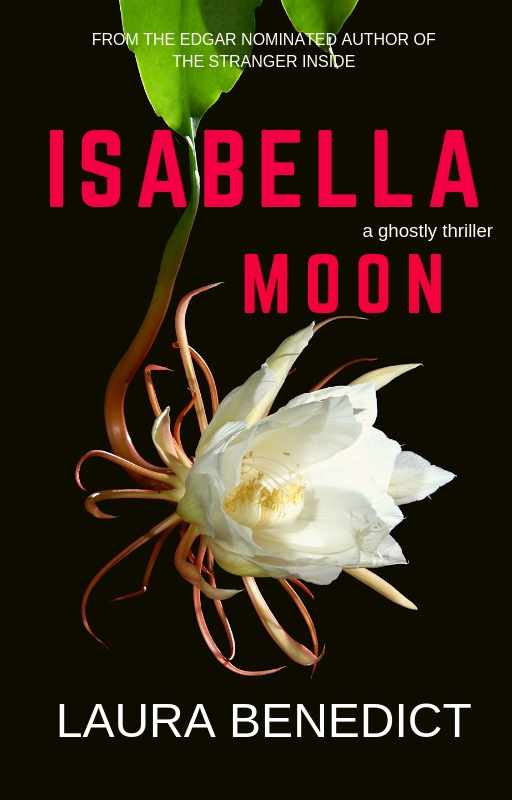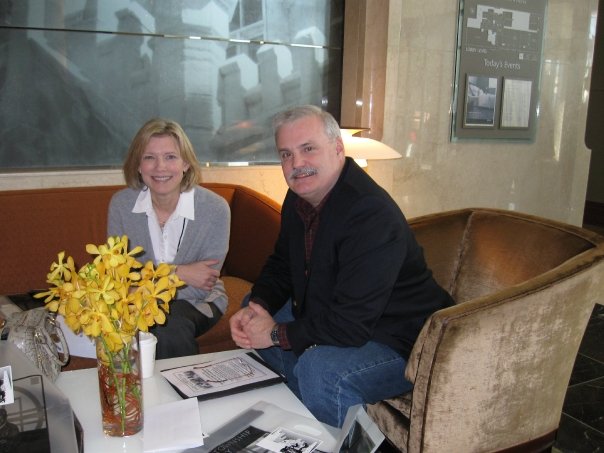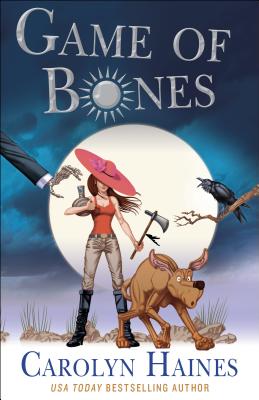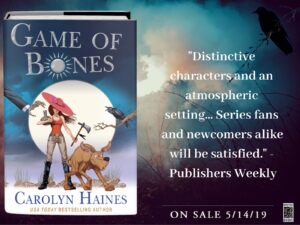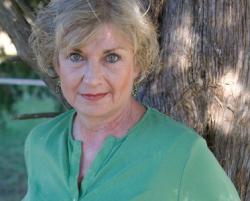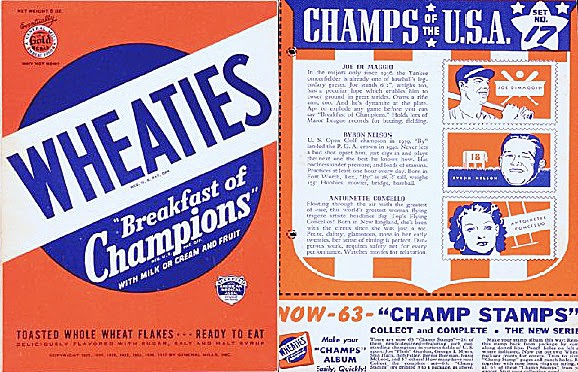On a recent drive to a workshop event, I was listening to Jodi Picoult’s novel, SMALL GREAT THINGS. Near the beginning, Ruth, a Labor and Delivery nurse, describes all the things that need to be observed during a newborn’s physical assessment. It’s a long list of over a dozen items, including measuring the circumference of the infant’s head, its sucking reflex, the relative softness of its belly, the location of the urethra, etc.
I got very excited when I recognized the list as a list because I was planning an exercise about using lists in fiction during the workshop. (Credit for the exercise goes to my writing prof/writer husband, Pinckney, who is an amazing teacher.)
Do you create lists for yourself? I’m most prone to make lists when I’m very busy around the holidays, need to do a brain dump for all the things I need to do for a project, or I’m packing for travel. Even the least list-like people usually have mental checklists they use. Think: unlock car, get in, turn on engine, buckle up, adjust climate, charge phone, light cigarette, put car in gear. Or, make coffee, unlock door, take dog outside, get paper, lock door, feed dog, make breakfast, read paper. An airplane or helicopter pilot doesn’t fly if their checklist isn’t completed. If you write down all the things you usually do in a particular order, you’ll have a list.
Directions–whether to a particular location or describing how to put something together–are another sort of list.
The glorious thing about using lists in stories and other writing is that they are a perfect shorthand for defining characters and setting scenes.
Some famous lists from literature:
Oft-quoted packing list from Joan Didion’s The White Album
TO PACK AND WEAR:
2 skirts
2 jerseys or leotards
1 pullover sweater
2 pair shoes
stockings
bra
nightgown, robe, slippers
cigarettes
bourbon
bag with: shampoo
toothbrush and paste
Basis soap, razor
deodorant
aspirin
prescriptions
Tampax
face cream
powder
baby oil
TO CARRY:
mohair throw
typewriter
2 legal pads and pens
files
house key
“This is a list which was taped inside my closet door in Hollywood during those years when I was reporting more or less steadily. The list enabled me to pack, without thinking, for any piece I was likely to do. Notice the deliberate anonymity of costume: in a skirt, a leotard, and stockings, I could pass on either side of the culture. Notice the mohair throw for trunk-line flights (i.e. no blankets) and for the motel room in which the air conditioning could not be turned off. Notice the bourbon for the same motel room. Notice the typewriter for the airport, coming home: the idea was to turn in the Hertz car, check in, find an empty bench, and start typing the day’s notes.”
—Joan Didion, “The White Album”
So, it’s not fiction. But we get an astonishingly clear picture of Didion, the person and the writer, in a fairly small space. Bourbon, aspirin, Tampax, typewriter–though where’s the underwear? Perhaps it was too delicate a mention for her? If so, that definitely says a lot about her.
Ray Bradbury’s Fahrenheit 451
“What more easily explained and natural? With school turning out more runners, jumpers, racers, tinkerers, grabbers, snatcher, fliers, and swimmers instead of examiners, critics, knowers, and imaginative creators, the word ‘intellectual,’ of course, became the swear word it deserved to be.”
A scathing sentence, isn’t it? Two lists that condemn both practices and and entire philosophy.
Mary Oliver
“I want to think again of dangerous and noble things.
I want to be light and frolicsome.
I want to be improbable beautiful and afraid of nothing,
as though I had wings.”
― Owls and Other Fantasies: Poems and Essays
I want, I want, I want…Imagine playing with the form of your short story (it would be too long for a novel), beginning every line with a word or phrase. A list of wants, shaped into a story.
Joyce Carol Oates has a story in which each line begins with “If.” At least I think it was “If.” Anyway, it was a good story, as I recall.
Johnny Cash’s To-Do List
“THINGS TO DO TODAY!
1. Not smoke
2. Kiss June
3. Not kiss anyone else
4. Cough
5. Pee
6. Eat
7. Not eat too much
8. Worry
9. Go see Mama
10. Practice Piano
NOTES: Not write notes”
This says so much about Johnny Cash. Or another sensitive man, musician, lover.
Bridget Jones’s Diary, New Year’s Resolution list
One of the most famous lists in recent literature. Find it. Read it. Even if it’s not your flavor of fiction. Utterly defines her character and is a brilliant precursor for the entire novel.
From my novel, The Stranger Inside
“There are two carefully folded summer dresses, both V-neck and in patterns she might have chosen for herself, one more tailored than the other. Beneath them is a pair of white Capri pants and two pairs of soft linen shorts. Then several linen shirts in pastel colors, one a loose button-down. As she takes the clothes from the bag, she lays them out on the bed. The tags say Nordstrom, and the linen pieces are marked as having been on sale. She smiles when she opens the two shoeboxes to find a pair of buff kitten-heel slides that go with the dresses, and a pair of flat Tory Burch sandals. It’s as though she’s been visited by a fairy, but she knows the fairy was surely Diana.
Opening the third bag, she laughs. There’s more tissue, but it’s wrapped around a clutch of panties that spill out like silky water over her hand and onto the bed. At the bottom of the bag is a diaphanous pink cotton nightgown with satin ties at the shoulders. While everything else is very close to what she’d wear, the nightgown strikes her as bridal and girlish. Still, what a surprise it all is. She realizes she hasn’t really smiled in days.”
(Don’t be fooled. This is one of the novel’s very few quiet moments. After all, there’s a stranger occupying Kimber’s house and he has possession of all her clothes.)
__________
Are those enough lists for you? Think of your own lists: grocery lists, wishlists, self-improvement lists, lists of goals, bucket lists. There are as many lists as people in the world.
Think about what kinds of lists your characters might make. If your character is a serial killer, imagine her Home Depot shopping list. Imagine the prescriptions her elderly victims take.
Every list tells a story. Go make one!
Do you have any favorite literary lists? What lists have you made that could be stories? How have you used lists in your work?

